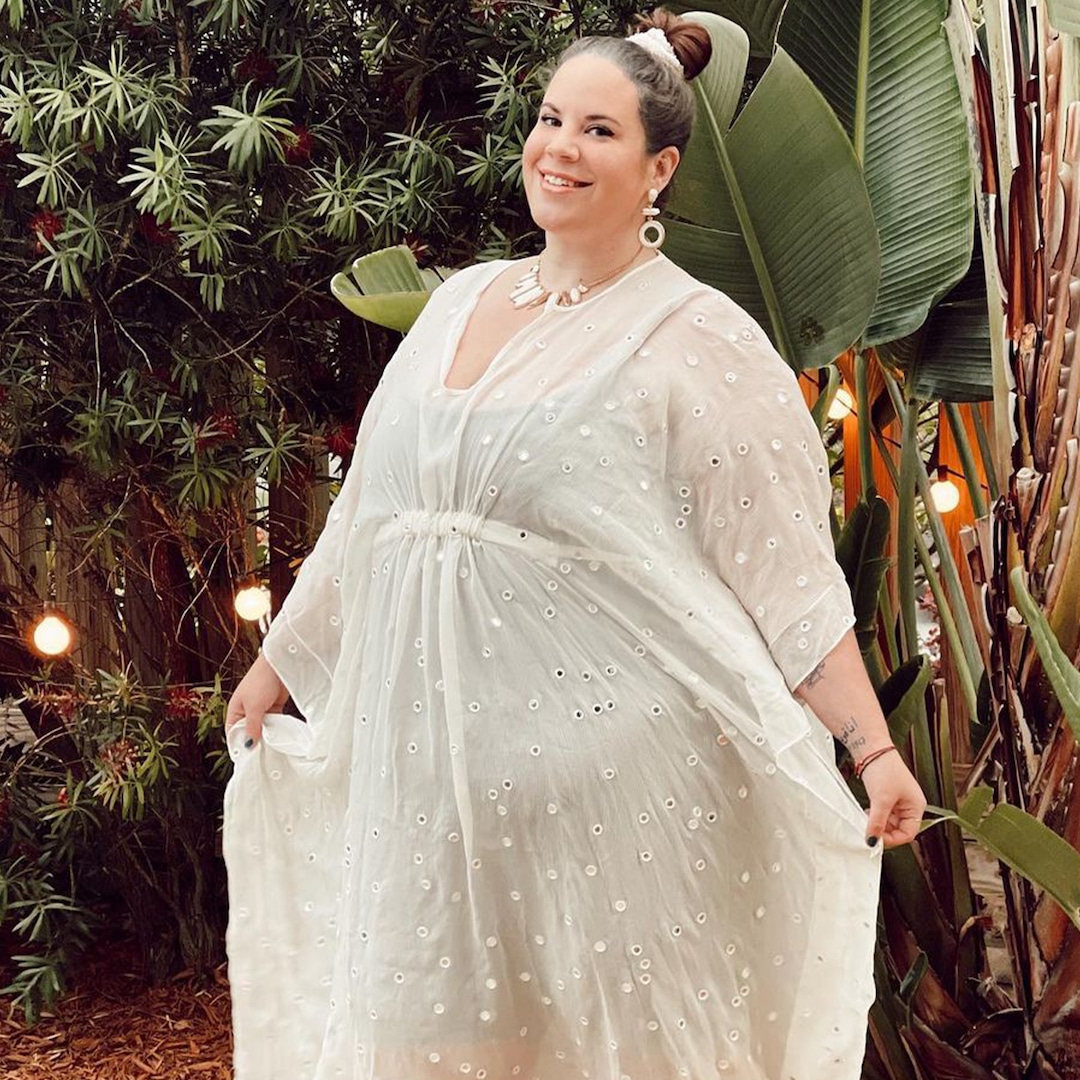With so many people passing through them over the years, it would only make sense for hotels to be haunted. T.S. Rue is one of many storytellers who agrees with the possibility, and starting in 1993, the young-adult author explored the goings-on at a ghostly getaway called Arcadia. Rue, who also goes by Morton Rhue and Todd Strasser, launched his short-lived Nightmare Inn series with a time-bending tale of jealousy, murder, and possession.
Nightmare Inn, which is the first of four self-contained but overlapping books, begins with two teenage couples doing what people their age do best; they get lost in the woods while traveling to a remote cabin. Sixteen-year-old Sarah has mixed feelings about the trip, even before anything truly creepy happens. Her parents did not raise as much as an eyebrow about Sarah’s unsupervised vacation with her boyfriend, but she wishes they had. Something is already bothering Sarah as she and her boyfriend Matt go to pick up their friends, Adam and Jodie, for what could be the last trip of their lives.
The weirdness officially starts when Sarah calls her friends by the wrong names; she calls Jodie “Ellen” and Adam “Doug.” The group then gets stranded in the forest after Sarah drives Matt’s Isuzu Trooper into the mud while trying to avoid an onrushing pink bus. Of course no one other than Sarah saw this phantom bus. With the rain coming down hard, and no way to get the Isuzu out of the mud, the characters run to the nearest shelter. This brings them to the New Arcadia Inn, a place Sarah somehow knew the name of before ever seeing the sign.
As things tend to go in these situations, the hotel is empty except for an eccentric caretaker. Sebastian, the New Arcadia’s innkeeper who says dated slang, nearly turns the four strangers away until he spots Sarah; something about her changes his mind. Matt and the others think the old man only let them in because he has a crush on Sarah, but Sebastian’s motivations are nothing of the kind. Even so, he keeps his reasons to himself, at least for the time being.
As they wait for Matt’s Isuzu to be repaired, Sarah and her friends succumb to both internal tension and the general eeriness of their accommodations. That panic Sarah felt ahead of the trip has to do with Adam and the kiss they shared. Their lip-lock session was mutually enjoyable, but Adam neither wants to dump Jodie nor go behind her back. This causes Sarah to become jealous and forward; she turns Adam off with her aggressive flirting. Knowing this sort of behavior is out of the ordinary, Sarah realizes something about Arcadia is affecting her.
There is no avoiding teen drama in a story aimed at teens, but luckily enough, Nightmare Inn resumes business as usual once Sarah convinces Matt she only has eyes for him. While Sarah is indeed lying to keep the peace, her and Matt’s brief reconciliation amounts to the best kill in the book. Matt’s fixation on Arcadia’s hot tub costs him his life when he thinks his red-haired girlfriend has come to join him for a late-night soak. Prior to Adam discovering Matt’s corpse later on, the others assume his disappearance is a prank, or he went by himself to pick up the Isuzu. Needless to say, they were dead wrong on both accounts.
Whenever Sebastian is around, he fills in the gaps about the history of Arcadia as well as adds to Sarah’s increasingly bizarre déjà vu. His helpful exposition reveals Arcadia was a hippie commune back in the ‘60s, and it was during this period that a resident named Sharon committed multiple murders. Now, any doubt about the book’s supernaturality is laid to rest as soon as Sebastian drops the date of Sharon’s execution. The air is sucked out of the room as Sarah learns she was born on the exact same day Sharon died: March 19, 1977.
Readers have assuredly jumped to the conclusion of Sarah being Sharon’s reincarnation. On top of the birthday/deathday evidence, Sarah knows things about Arcadia’s past no one else (other than Sebastian) would ever know. And helping Sarah along are dreams and visions about Sharon and her victims. Who, by the way, are relevant to those moments of Sarah misnaming her friends. The unlucky flower children who felt the fatal stab of Sharon’s green knife were in fact her boyfriend Mike, her friend Ellen, and Ellen’s boyfriend, Doug.
The power at the inn eventually goes out during a storm, and Sebastian is conveniently nowhere to be found. The remaining three characters finally make a run for safety by using Jet Skis to cross the lake and get away from Arcadia. Their effort is for naught because Jodie is strangled to death by the same redhead who drowned Matt in the hot tub. Adam understandably assumes Sarah killed both his girlfriend and Matt, but believe it or not, Nightmare Inn has yet to show its full hand.
And then Sarah was looking at someone… who looked just like her.
T.S. Rue wraps things up about as neatly as possible when dealing with spectral time-travel and cursed love quadrangles. Nightmare Inn’s hurried ending absolves its main character of any physical wrongdoing after Sharon appears before her and Adam, but it leaves a few unanswered questions as well. Upon her defeat, Sharon is reduced to a “vague image, hardly more than a shadow,” before she enters and disappears inside of Sarah’s body. This may be a case of soul dualism; Rue declares no absolute answers. However, like Sarah tells herself at one point in the book, “Why bother asking? Things like this just happened at the New Arcadia, that’s all.”
The author could have easily let Sarah and Adam leave with their lives intact, but Nightmare Inn instead goes out on a sad note. One last rug-pull leads to Sarah and Adam falling off a landing, and only the main character survives. Whether or not she is a ghost now remains unclear as Sarah succumbs to her hopelessness. She blames herself for her friends’ deaths, and she believes her parents “hardly cared about her.” To her there is no life worth returning to. At last, Sebastian escorts Sarah back to the New Arcadia, where she, much like Sharon, will probably be staying for a “long, long time.”
There was a time when the young-adult section of bookstores was overflowing with horror and suspense. These books were easily identified by their flashy fonts and garish cover art. This notable subgenre of YA fiction thrived in the ’80s, peaked in the ’90s, and then finally came to an end in the early ’00s. YA horror of this kind is indeed a thing of the past, but the stories live on at Buried in a Book. This recurring column reflects on the nostalgic novels still haunting readers decades later.




















































































